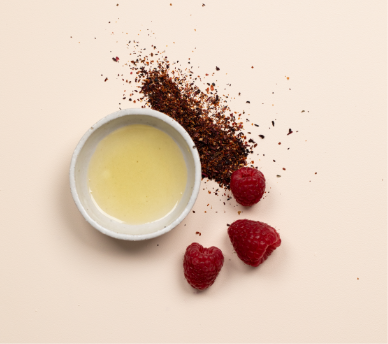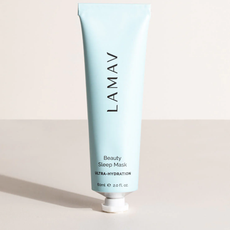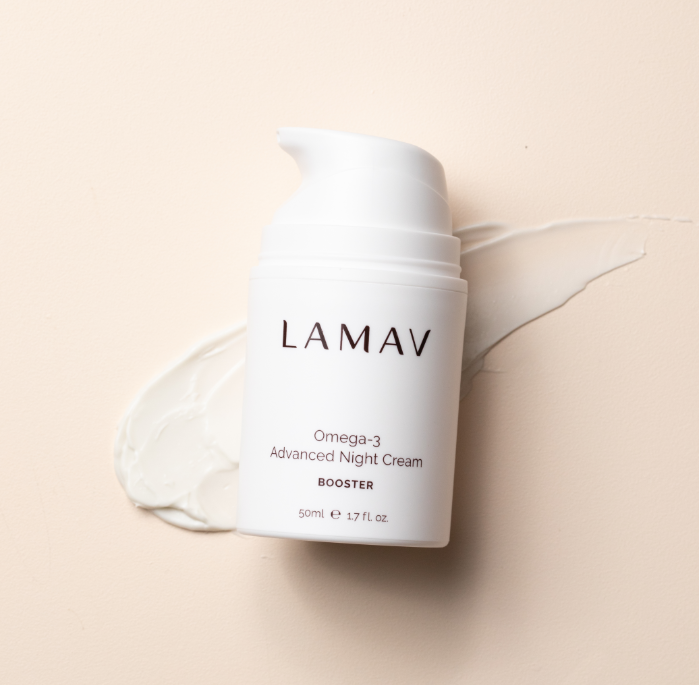How Omega 3 Fatty Acids Boost Your Skin Health
Regardless of whether you have specific skin concerns, or you simply want your complexion to look extra glowing, applying night creme religiously is a must. While we sleep, our skin cells regenerate at a much higher rate (Beauty Sleep is a real thing), which means that our skin needs a potent source of bio-active compounds to aid in the process of restoration and replenishment. Among these bio-actives, there is one that is an absolute all-rounder: Omega 3 fatty acids. Today we’ll tell you a bit more about its benefits and why it is worth adding it to your skincare routine.
Omega 3 Fatty Acids: How They Work?
While it is true that the best source of Omega 3 is a balanced diet, rich in raw nuts, fish and plant oils, the topical application of fatty acids is just as important. Omega 3 fatty acids have the remarkable ability to restore the integrity of a compromised lipid barrier, reducing unwanted moisture loss by up to 60%. By restoring optimal moisture levels, Omega 3 fatty acids counteract dryness and dehydration and help your skin look smooth, plump and dewy.
Apart from working its magic on the outermost layer of the skin, Omega 3 fatty acids penetrate and reach the dermis (the layer beneath the epidermis) where they keep inflammation at bay and provide deep nourishment.
Try: LAMAV Omega 3 Advanced Nightly Repair Creme
The Benefits of Omega 3 in Skin Care
1. Improved Skin Appearance & Health
The magical molecules of Omega 3 fatty acids instantly transform the appearance of the skin, making it look and feel smoother, softer and more radiant. Apart from that, with regular application, Omega 3 fatty acids further strengthen the skin (protecting it against environmental damage) + improve skin's overall health.
2.Hydrated Skin
As we age, the outer skin layer becomes thinner. The thinner it gets, the less water it retains, which inevitably leads to dehydration and dryness. This is where omega 3s step in! By forming a protective layer over the skin surface, Omega 3s reinforce the lipid barrier and help skin cells hold more water, resulting in soft and well-hydrated skin.
3.Anti-Ageing Effect
Omega 3 fatty acids refill cellular lipids, keeping the lipid mantle intact. The integrity of the lipid mantle is directly related to the skin’s ability to preserve its youthful glow. The lipid barrier is not only responsible for maintaining optimum moisture levels, but it also plays an important protective role - it stops external aggressors from damaging the skin, thus preventing premature aging.










